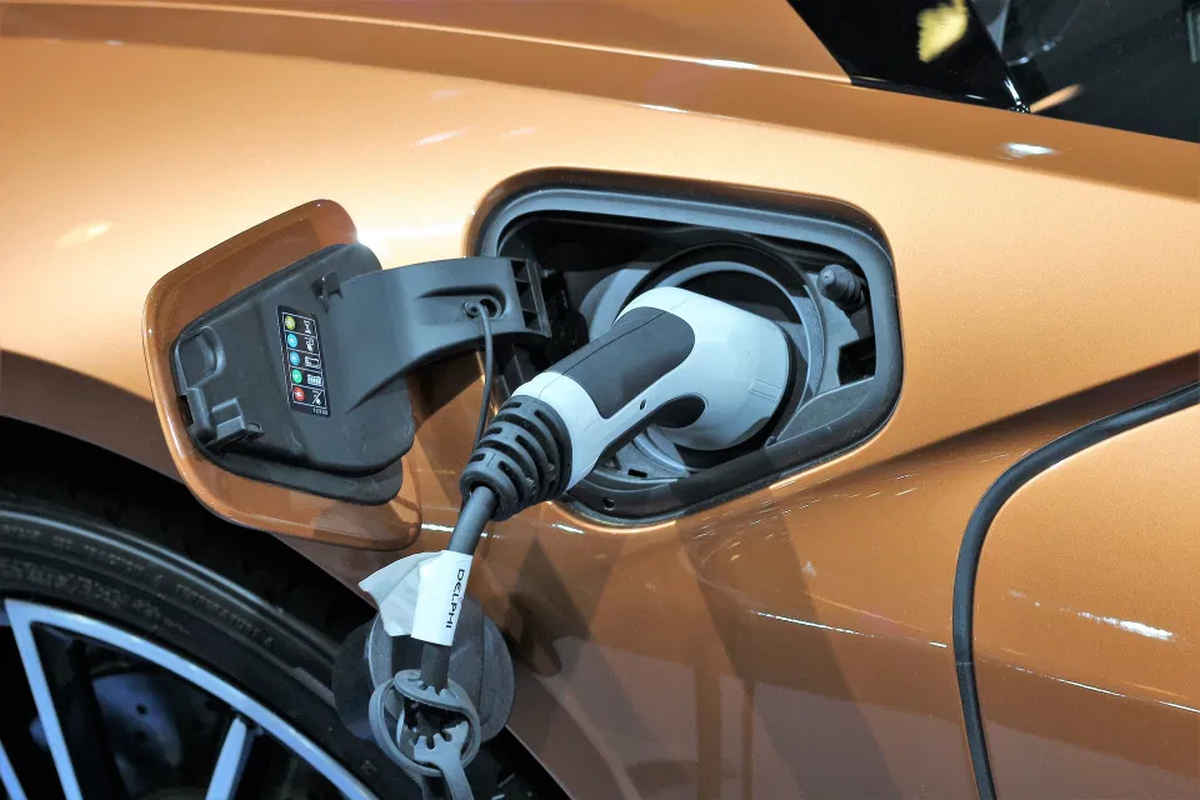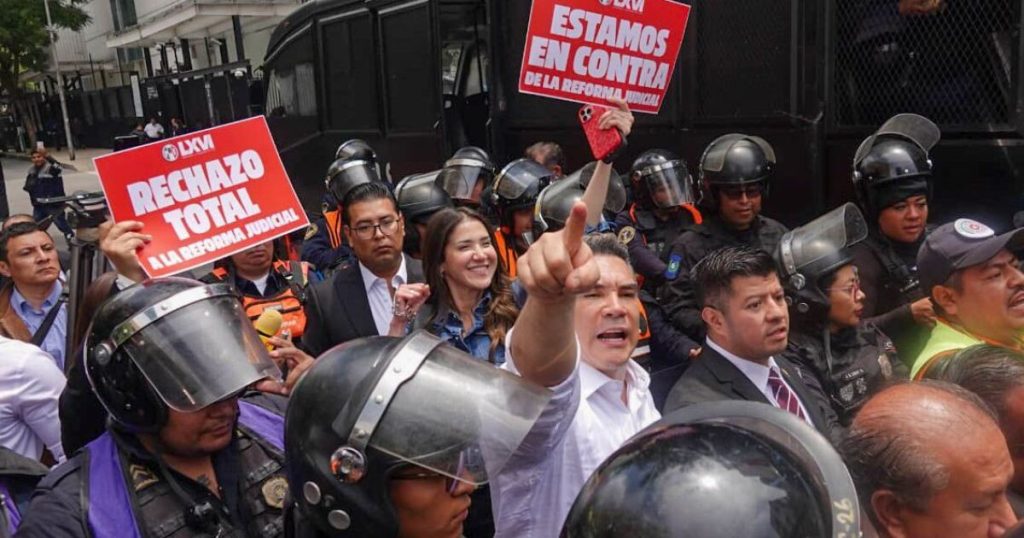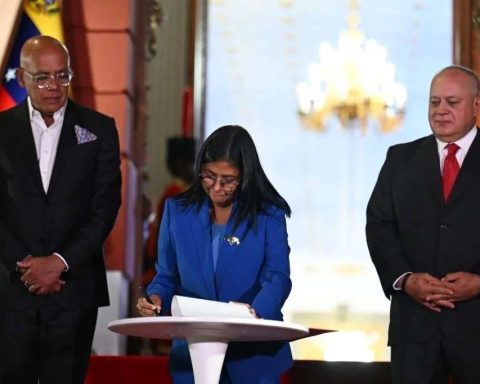By Micaela Paez, Business Manager at Astara Peru
The electrification It is a reality in most Latin American countries. In Peru We are not moving forward at the same speed. In 2023, 4,484 students were enrolled electrified vehicleswhich represented 2.4% of the total market. In parallel, in Colombia, 17% of sales were of electrified vehicles; in Ecuador, 9%; and in Costa Rica, 8%. These three countries have in common one aspect that differentiates them from Peru: state incentives for the purchase and use of these vehicles. For example, in Colombia, imports do not pay tariffs, and the vehicle is subject to a VAT of only 5%. Regarding use, a discount is offered on SOAT, exemption from the rolling tax, a discount on the vehicle tax and the “Pico y placa” rule is exempt.
In Peru, a set of policies for both commercial and non-commercial vehicles has been proposed for several years; however, they are not yet prioritized in decision-making. For now, there is news for public transport vehicles. After the last trip to China, the Ministry of Transport and Telecommunications mentioned that it will present a bill to encourage the transition to electric buses and taxis through financing.
But what are the benefits of using an electric vehicle? The main positive aspect is that it does not emit CO2 during use, being 100% carbon neutral when running. On the other hand, it practically does not generate noise, thus eliminating noise pollution. And, additionally, it has lower operating costs (price of the electric charge and less maintenance) than a traditional fossil fuel vehicle. So, what is it that still limits us in electrification?
First of all, the cost of acquisition. The more electrical components a vehicle has, the more expensive it tends to be. And, although it is more efficient in the long term, the sale price is crucial for mass development in the market. Added to this is the charging infrastructure. In Lima there are 18 charging points and 31 in the province (with different types of connectors, most of which are low-power and some of which are restricted or inoperative), thus not allowing free movement if you want to travel between cities.
It is in both factors where the State can intervene and promote electrification; however, private initiatives can also contribute and support cleaner mobility. For example, at Astara Peru, a leading comprehensive mobility company, we are already renewing 20% of our company car fleet to electric vehicles (a figure that will continue to increase), and we have installed two semi-fast chargers in our main offices, and two more in our Astara Retail Surquillo dealership for use by our customers. As a global company, we have an important and ambitious goal, and that is that we are committed to achieving carbon neutrality in our operations by 2027.
We believe that transformation in mobility is not an option, but a necessity for a more sustainable society.

















